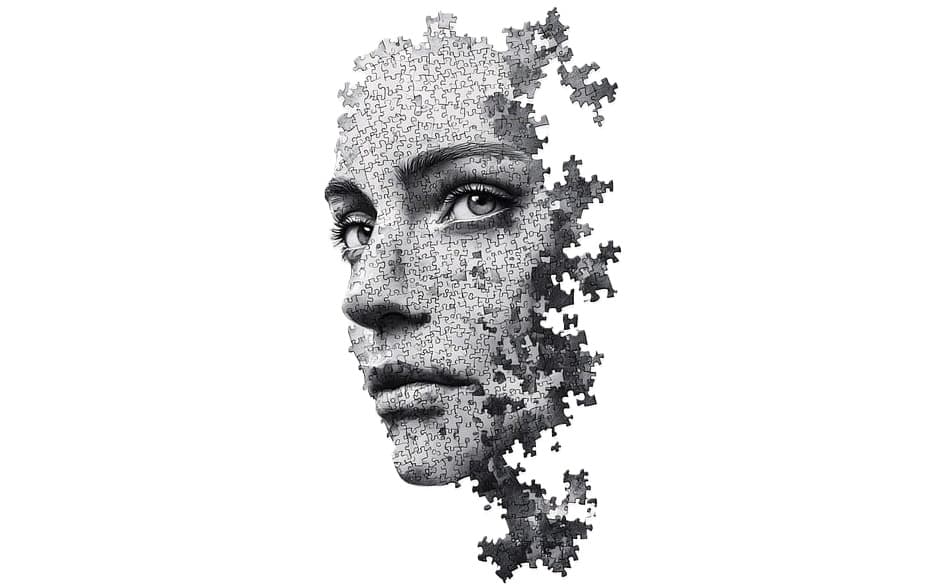
How Intelligence Grows
Intelligence grows through dynamic interactions between biological potential and learning shaped by culture, experience, and support.

Intelligence grows through dynamic interactions between biological potential and learning shaped by culture, experience, and support.

A look into cognitive development through memory systems, attention, and problem-solving in childhood learning.

Integration in Social Perception is the process of combining trait attributions into a unified impression of others.

Savior Complex is the compulsion to rescue others, often to meet one’s own emotional needs or feel valued.

Long-term memory is the system that stores information for extended periods, from hours to a lifetime, enabling learning and recall.

A look into cognitive development through memory systems, attention, and problem-solving in childhood learning.

Working memory is the brain's system for temporarily holding and manipulating information needed for reasoning and learning.

Attribution explains how people interpret causes of behavior and events, shaping judgments, emotions, and social interactions.

Short-term memory is the brain's temporary storage, holding information for seconds before processing or discarding it.

Self-presentation is how we shape others' perceptions, balancing authenticity and strategy to influence social and professional success.

Vygotsky’s Zone of Proximal Development (ZPD) is the gap between what a learner can do alone and what they can achieve with guidance or support.

Signs of an Introvert. 1. Needing Time Alone to Recharge 2. Preferring Meaningful Interactions 3. Processing Thoughts Internally 4. Sensitivity to Stimuli 5. Gravitating Toward Solitary Activities 6. High Levels of Self-Awareness 7. Preference for Deep Focus 8. Tendency to Avoid Conflict

Sensory memory refers to the brief and automatic retention of sensory information from the environment, including sight, hearing, smell, taste, and touch.

Self-concept is an individual's perception of their traits, roles, and values, shaped by experiences and social interactions.

Vygotsky's Sociocultural Theory highlights how social interaction and culture influence learning, emphasizing language and the Zone of Proximal Development.

Narcissism is a personality trait marked by self-centeredness, a need for admiration, and a lack of empathy for others.

Gestalt Psychology explores how humans perceive patterns, emphasizing the whole's unity over individual parts in understanding reality.

Memory is the brain's ability to store, retain, and retrieve information, shaping our learning, identity, and experiences.

The self-serving bias explains how we attribute successes to ourselves, externalize failures, and how cultural and psychological factors shape this tendency.

The formal operational stage, starting around age 12, is Piaget's final cognitive phase, marked by abstract thinking, logic, and hypothesis skills.

Perfectionism is the pursuit of flawlessness, characterized by high standards and self-criticism, which can drive success or lead to stress and anxiety.

Selective Attention is the ability to focus on specific stimuli while ignoring others, helping to filter irrelevant information and improve task efficiency and decision-making quality.

Self-regulation is the ability to manage behavior, emotions, and thoughts to achieve goals or adapt to challenges. Explore tips for adults and children to develop self-regulation skills.

The Concrete Operational Stage, occurring from ages 7 to 11, is when children develop logical thinking and grasp concepts like conservation.

Victim mentality is a mindset of powerlessness, often reinforced by hidden benefits like avoiding responsibility. Learn why it persists and how to break free.

Change blindness reveals how selective attention shapes our perception, often causing us to miss visible changes in our environment.

Insights into self-esteem, its development, effects on mental health, and actionable tips to build confidence and resilience in daily life.

Piaget’s Preoperational Stage highlights how children aged 2–7 develop symbolic thinking, imagination, and reasoning. Discover key traits, examples, and modern insights.

A exploration of depth perception, covering its visual cues, evolutionary adaptations, daily applications, and advancements in technology like VR and robotics.

The hidden roots of emotions lie in the unconscious and past experiences, with practical techniques offering pathways to awareness, and personal growth.

Piaget's Sensorimotor Stage (0-2 years): milestones like object permanence, sensory play, and tips to support early learning.

Jean Piaget's theory and stages of cognitive development—sensorimotor, preoperational, concrete operational, and formal operational.

Explore Objective Self-Awareness, its effects on behavior and well-being, and tips for managing self-esteem healthily.

Self-Discrepancy Theory explores the emotional and psychological effects of the gap between our actual, ideal, and ought selves, influencing motivation and well-being.

Discover inattentional blindness, a cognitive phenomenon where we miss visible objects. Learn why it happens, how it affects everyday life, and explore strategies to overcome it.